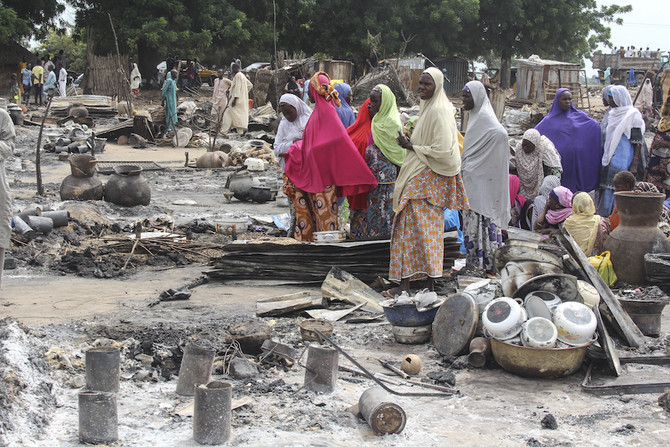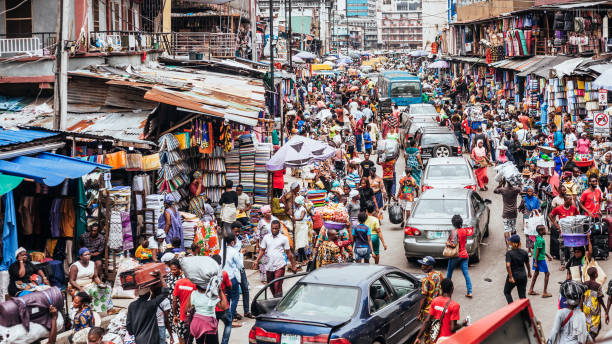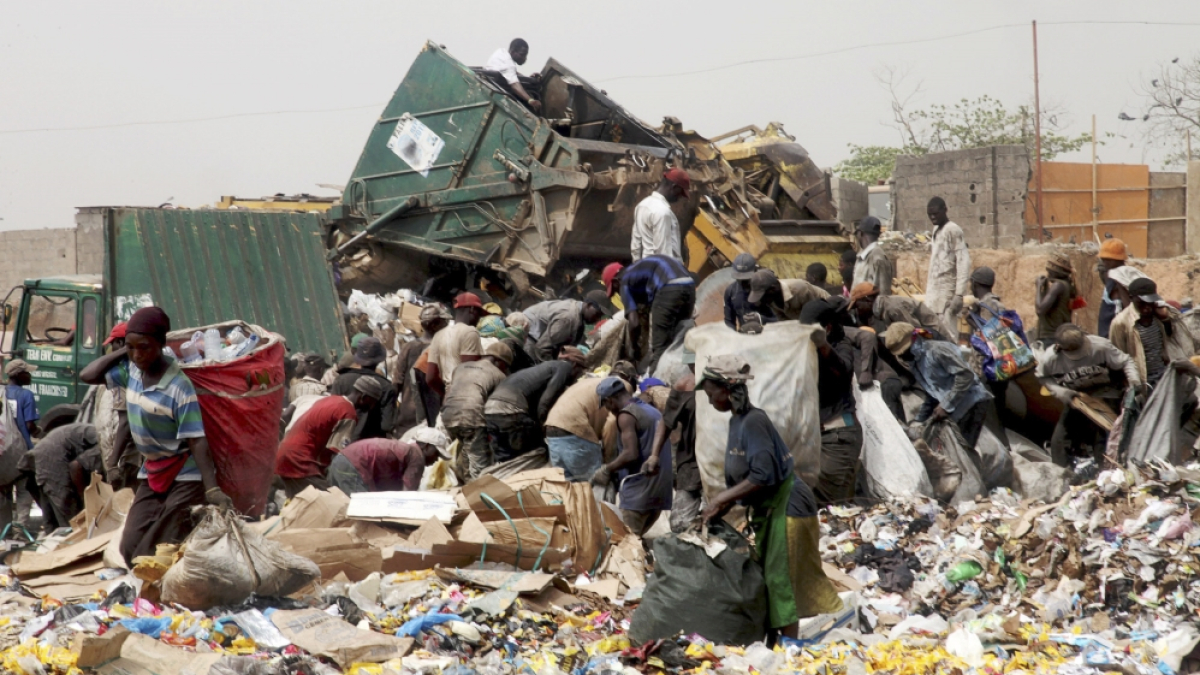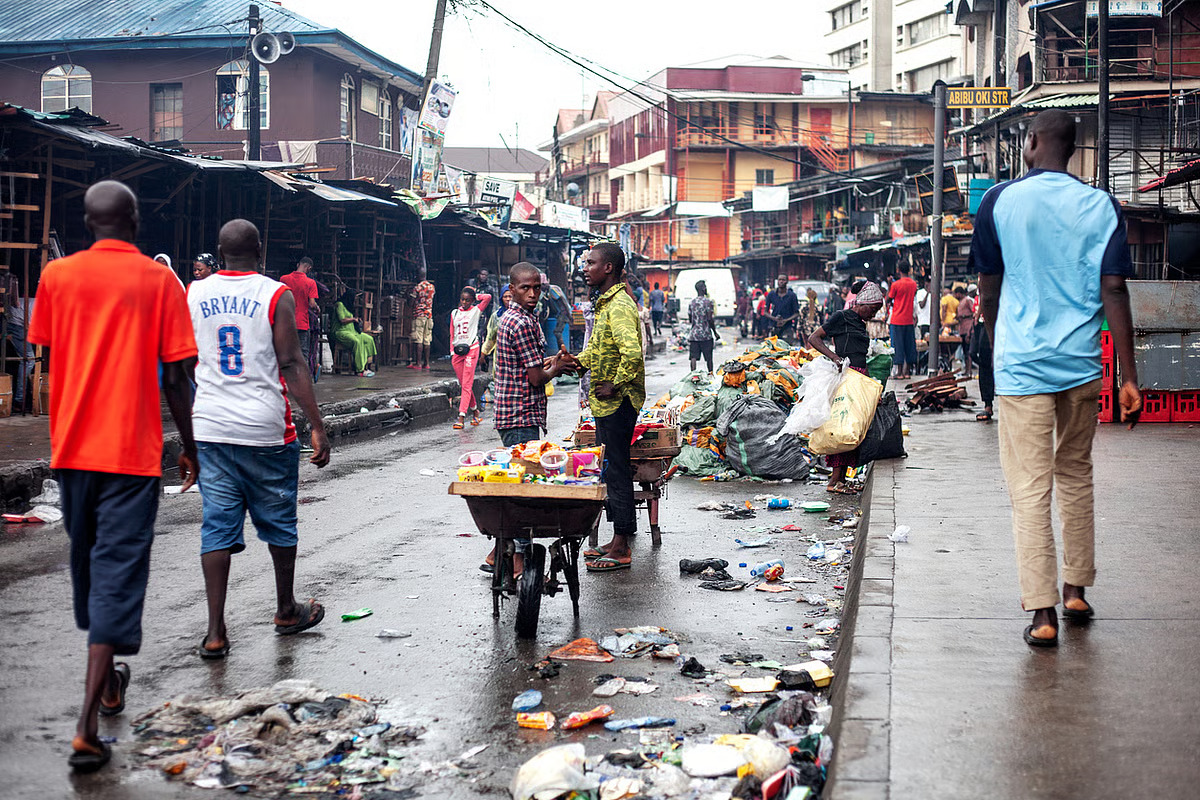- by Williams O.
- Jul 05, 2025
What the Poor Need Beyond Palliatives
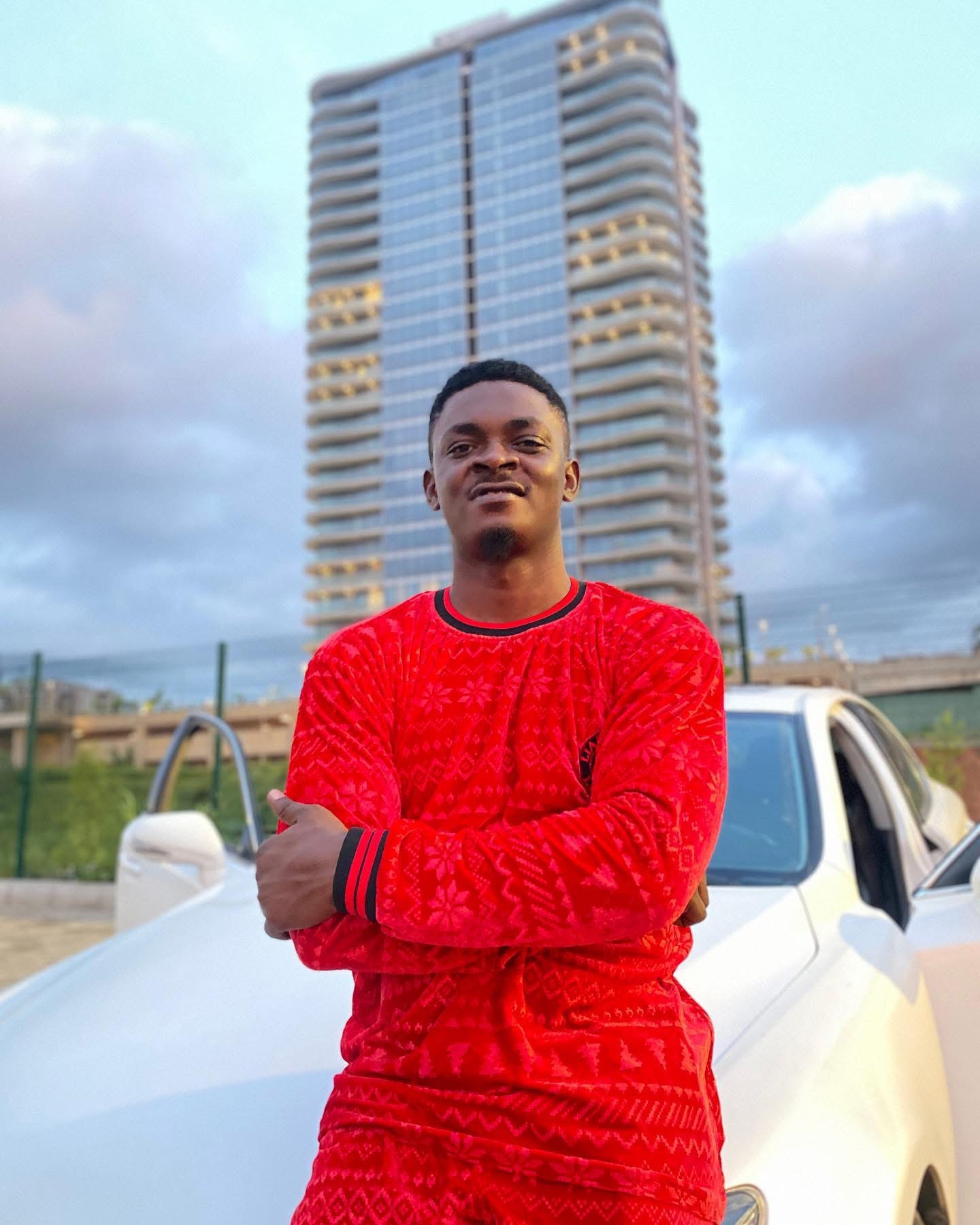
- By Williams O.
- • Wed, Jul 16 2025
- • in Solutions, Not Slogans
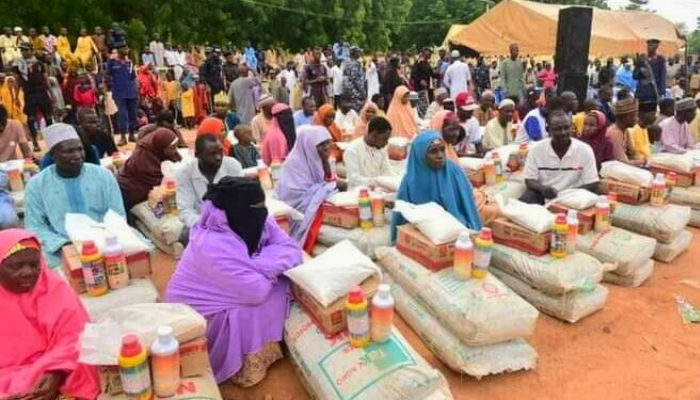
In times of crisis, governments often reach for the quickest relief; distribute food, hand out stipends, run photo ops. It looks like help. It feels like help. But it is not real help.
The poor don’t need pity, they need a real chance. One that lasts longer than a bag of rice.
Williams O. Omodunefe
Because a bag of rice is not rent.
₦25,000 in a month of ₦100,000 living costs is not a solution.
Palliatives are not policies.
What Nigeria’s poor need isn’t just temporary relief, they need dignity, structure, and a way out. Not a cycle of handouts that run out in three days.
🥣 1. Food Security, Not Just Food Packs
It’s true, people are hungry. But feeding millions once every six months through rice handouts isn’t food security.
What they need:
Community-based food co-ops where local farmers can supply at subsidized rates
Urban farming support - give tools, seeds, and space in cities for families to grow food
School feeding programs that don’t stop halfway
Fair regulation of markets to prevent hoarding and artificial inflation
Let food be accessible, not political.
🧕🏽 2. Micro Work Opportunities That Actually Pay
The poor don’t lack skill, they lack access to consistent work.
From roadside welders to tailors, makeup artists, cleaners, and mechanics; many low-income Nigerians are willing to work, but the jobs just aren’t there.
What they need:
Community contracts: let local government projects hire neighborhood workers for small-scale jobs (cleaning, building, repairs)
Public skill exchange hubs where services can be traded or promoted
State-backed job-matching systems through churches, markets, and unions
“I just want a job that lets me feed my kids, not depend on my neighbor.”
- Single mother, Karu
🏥 3. Basic Healthcare That Doesn’t Require a Miracle
For the poor, a single illness can wipe out everything. Malaria. Infection. Pregnancy. Many die not because of sickness, but because they couldn’t afford the ₦3,000 to start treatment.
What they need:
Functional free clinics in every ward, not just one per LGA
Medicine banks where essential drugs can be accessed with ID cards
Health agents trained within communities who offer basic care, prevention, and referrals
A government that lets its poor die in silence is not governing, it’s neglecting.
🏠 4. Shelter That Is Safe, Clean, and Possible
Millions of Nigerians live in overcrowded, unstable homes. No toilets. No light. No running water. And yet, rent keeps rising, even in slums.
What they need:
Rent control or price caps in informal areas
Low-cost housing schemes that are not hijacked by elites
Sanitation campaigns with materials and manpower to clean up existing areas
📚 5. Education That Doesn’t End in Primary School
Many poor families stop at primary school, not because they don’t believe in education, but because they can’t afford uniforms, transport, exam fees, or food.
What they need:
Free and compulsory public education that includes supplies
Neighborhood reading hubs with volunteers and digital access
Skill-based afternoon programs (tailoring, tech, mechanic work, cooking) for teenagers
Don’t just build schools, build paths out of poverty.
💳 6. Cash Transfers That Are Fair, Transparent, and Regular
Not all palliatives are bad, but when they’re politicized, corrupt, or inaccessible, they become tools of control, not empowerment.
What the poor need:
Digital transfers through national ID, not party cards
Data-backed targeting so the real poor are reached, not political loyalists
Monthly social assistance - not a random ₦25,000 every 6 months
If Brazil, Kenya, and even Togo can build functioning safety nets, so can we.
🧠 Final Thought: Don’t Save the Poor, Empower Them
The poor are not a problem to be managed. They are Nigerians with equal rights, dreams, and value.
They don't want crumbs.
They want a seat at the table.
A chance to work.
A path to dignity.
And a country that doesn't forget them once the cameras are off.
“If the poor can’t rise, the country can’t grow. Because when a man has nothing left to lose, that’s when a nation becomes unsafe.”
- Community pastor, Nyanya
Let palliatives end. Let empowerment begin.
